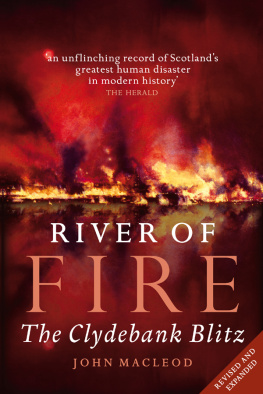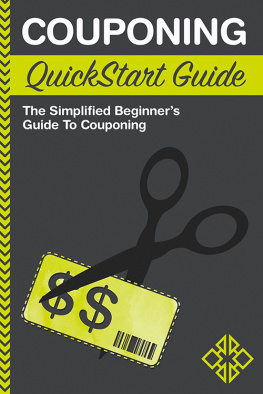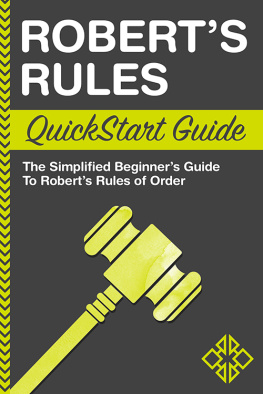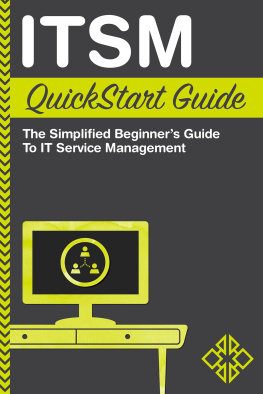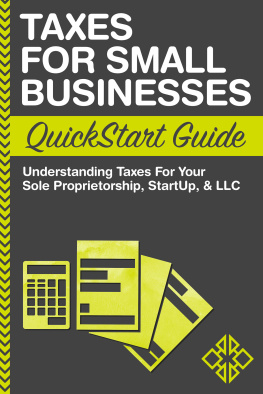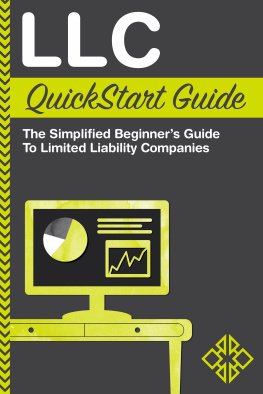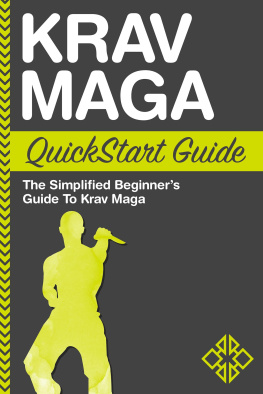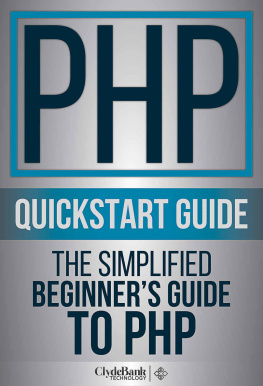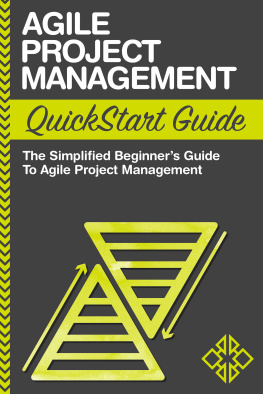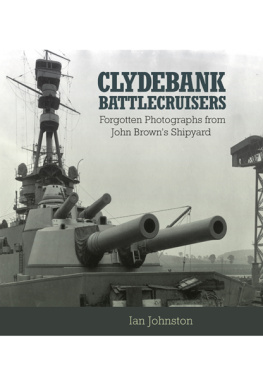R I V E R O F F I R E
Born in Lochaber in 1966, John MacLeod spent the 1970s in Glasgow, attending Scotstoun Primary School and Jordanhill College School, and living in a manse still visibly scarred from what may have been the very first bomb on Queen Victoria Drive dropped in the Clydebank Blitz, with neighbours still haunted by those nights and, he says, a sense in the very stones of the neighbourhood of recent, unspeakable horror. Bombs had fallen all round us yet folk would not talk about it.
After graduation from Edinburgh University, he began his career at BBC Highland in Inverness and quickly established himself as a freelance writer. He has won many awards and is presently a columnist with the Scottish Daily Mail. He has written a number of books, including When I Heard the Bell, which was shortlisted for the Saltire Book of the Year Award (2009).
RIVER OF FIRE
THE CLYDEBANK BLITZ
John MacLeod
This revised edition first published in 2011 by
Birlinn Limited
West Newington House
10 Newington Road
Edinburgh
EH9 1QS
www.birlinn.co.uk
Copyright John MacLeod 2010
All rights reserved.
No part of this publication may be reproduced,
stored or transmitted in any form without the express
written permission of the publisher.
The authors royalties from this edition
will be donated to the Clydebank Asbestos Group
ISBN: 978 1 84158 968 8
eBook ISBN: 978 0 85790 086 9
The moral right of John MacLeod to be identified
as the author of this work has been asserted by him in accordance
with the Copyright, Designs and Patents Act 1988
British Library Cataloguing-in-Publication Data
A catalogue record for this book is available from the British Library
Typeset by Iolaire Typesetting, Newtonmore
Printed and bound by Clays Ltd, St Ives plc
For
Mrs Agnes I. Kinnis
Clydeside evacuee of the Second World War
Teacher of Primary 1B at Scotstoun Primary School
197172
where she taught me my letters
and
Teacher of Primary 7B at Jordanhill College School
197778
where she taught me to fly
L I S T O F I L L U S T R A T I O N S
P R E F A C E
The Clydebank Blitz, and what Glasgow and the towns of the Clyde coast endured during the Second World War, has fascinated me since I was a dislocated Highland child a son of the Free Church manse growing through the 1970s in the western reaches of Glasgow from infant to adolescent.
When I began school, at Scotstoun, in April 1971, the war itself had ended only a quarter-century before and was still very close to us, in a way hard for my generations children to appreciate. We now see most keen interest in these things, from the battle for national survival through the darkness of the Third Reich to the hardships and simple, doughty values and good humour of the Home Front, as those who personally endured those years and witnessed those realities, especially as adult experience, quietly slip from us with each passing year.
And we must never forget what we, as a nation and indeed as a civilisation, owe to those men and women and indeed to many who were then but boys and girls in a war of unparalleled savagery. This war the criminal state of Nazi Germany had criminally launched; this war she very nearly and criminally won; and this war she lost only after untold atrocities and a cold-blooded endeavour in genocide that will flame to the end of this world in the annals of infamy.
I am grateful to Hugh Andrew, Andrew Simmons and all the resourceful and unfailingly cheerful staff at Birlinn for giving me the opportunity to write this book. And I especially wish to thank Provost Denis Agnew, Mrs Joan Baird, Mrs Susan Holmes, Mr Hector Cairns, Mr Iain A.D. Mann, Tom McKendrick, the Reverend Peggy Roberts, Theresa Stewart and all friends in Clydebank, all those who have gladly taken time to speak to me or to write with details of their own recollections or their family experience, and the staff and resources of West Dunbartonshire Council for their invaluable help in illustrating this book.
I am particularly grateful to West Dunbartonshire Libraries and Museums Section for granting access to the Clydebank Blitz Archive, for providing every assistance and for permission to quote material to which the Libraries and Museums Section holds copyright. I also deeply appreciate the kindness of Mr Billy Kay, a distinguished broadcaster, sage and scholar of Scottish life and culture, for supplying a recording of his important 1981 Radio Scotland oral history of the Clydebank Blitz, the best documentary on that experience which will ever be broadcast. Even thirty years later, however, and with so few people remaining who experienced the Clydebank Blitz as adults, Finestripe Productions television documentary for BBC Scotland premiered in March 2011 was an outstanding programme and I am grateful for their kind permission to quote from it in this edition. And I write this with deepest sadness my gratitude, too, to the late Reverend Donald MacLean, for many years Free Presbyterian minister of Glasgow, who spoke to me a few weeks before his lamented death on 13 August 2010: though ninety-five years old, he was as sharp, buoyant and splendid as ever.
I am also indebted to the good people of Carradale, Argyll and Bute, and particularly to Mrs April Simpson first cousin of James MacKinven, the last of his near kin and who knew him well for entrusting me with a complete copy of his surviving papers and photograph, as well as poems previously unpublished and in his memory by Naomi Mitchison and Joan Adeney Easdale. A fine photograph of Jim and his father was kindly supplied by Miss Christine Ritchie. I am most grateful for all their help generally in Carradale to Mr Martin and Mrs Chris Mears. I have not made much of James MacKinven he was not from Clydebank, nor did he die there but he is worth memorialising, both from the waste of real talent and from the solemnity of being in the wrong place at the wrong time.
I must also with great gratitude again acknowledge the time and sacrifice again of Dr Robert Dickie FRCGP DRCOG; and on this occasion of Mr Bill Heaney, a great son of Dunbartonshire and one of the most respected journalists in Scotland as well as a senior pillar of the Labour movement and sometime high counsel to Scotlands second First Minister, the Rt Hon. Henry McLeish MP, MSP for taking the time and trouble to read, in early drafts, these chapters. Dr Dickie and Mr Heaney sacrificed much of their scant leisure time to this chore and made very many helpful suggestions, as well as pointing out egregious errors, occasional blunders in the congruity of my English, the odd lapse of taste or judgement and still odder moments of entire opacity. I also appreciated the encouragement of Mr Andrew Murray, Tolsta, at a difficult point in the project in March 2010.
Since the hardback edition was published, dozens and dozens of readers including many Blitz survivors from Clydebank and Greater Glasgow, or their families, from all over the world have been in touch by post and email, not just with kindly remarks but with stories and memories hitherto unpublished. In addition, important archived papers have since come to my belated attention and the seventieth anniversary of the bombing, in the spring of 1941, brought renewed media coverage and interviews with survivors, as well as West Dunbartonshire Councils outstanding new work on the Remembering Scotland At War website. I have therefore been able to incorporate a great deal of new material in this paperback edition and revised some chapters quite extensively. Opportunity has also been taken to correct errors from the excusable to the egregious. Responsibility for any mistakes in this work, nevertheless, is mine and mine alone. Anyone who wishes to correct me on a given point, or to supply further material or anecdote for a future edition, is most welcome to contact me at the address below.

